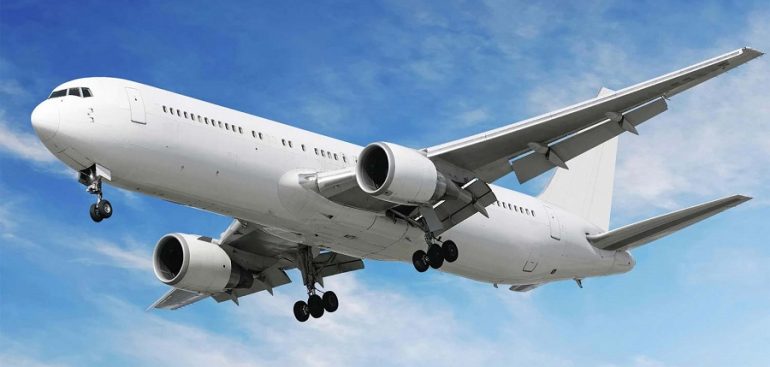Airbus unveiled breakthroughs in **hydrogen aircraft technologies** at its 2025 Summit. The company reaffirmed plans for a next-gen single-aisle jet. This aircraft could enter service by the late 2030s. Airbus also updated its ZEROe project timeline for hydrogen flight.
Transitioning to cleaner aviation remains a top priority. Airbus Head of Future Programmes Bruno Fichefeux explained the strategy. “Hydrogen is central to decarbonizing aviation,” Fichefeux stated. “Our commitment to hydrogen aircraft technologies remains strong despite timeline adjustments.” The electric fuel-cell approach shows particular promise.
A new concept aircraft demonstrated these innovations. It featured four 2-megawatt electric engines powered by fuel cells. Twin liquid hydrogen tanks would supply the systems. Further testing will refine storage, distribution and propulsion components. These hydrogen aircraft technologies require extensive validation before deployment.
Airbus Head of ZEROe Project Glenn Llewellyn detailed progress. “We’ve evaluated multiple concepts since 2020,” Llewellyn noted. “This electric configuration offers the best power density potential.” The team will now focus on system integration. Regulatory framework development also continues alongside technical work.
Recent milestones include a 1.2MW propulsion test in 2023. Last year completed fuel cell stack validation. The Liquid Hydrogen BreadBoard addresses in-flight distribution challenges. Ground testing begins in 2027 at Munich’s test facility. This will validate the complete hydrogen-electric system.
Beyond engineering, Airbus promotes hydrogen infrastructure development. Industry collaboration and policy support remain crucial. The company continues leading aviation’s sustainable transformation. Hydrogen aircraft technologies represent a key solution for emission-free flight.
Airbus maintains its pioneering role in clean aviation. Each technological advance brings zero-emission travel closer to reality. The 2025 Summit showcased tangible progress. Sustainable flight solutions continue evolving through innovation.



